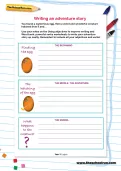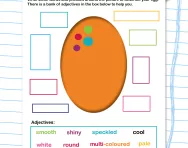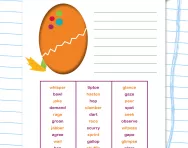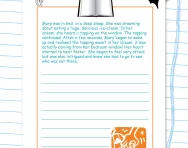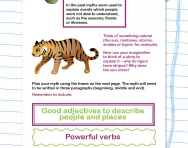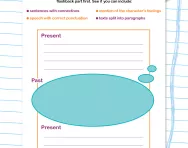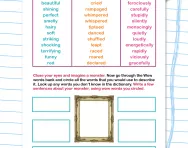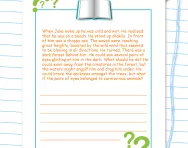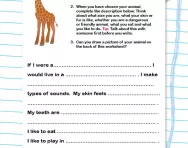TheSchoolRun.com closure date
As we informed you a few months ago, TheSchoolRun has had to make the difficult decision to close due to financial pressures and the company has now ceased trading. We had hoped to keep our content available through a partnership with another educational provider, but this provider has since withdrawn from the agreement.
As a result, we now have to permanently close TheSchoolRun.com. However, to give subscribers time to download any content they’d like to keep, we will keep the website open until 31st July 2025. After this date, the site will be taken down and there will be no further access to any resources. We strongly encourage you to download and save any resources you think you may want to use in the future.
In particular, we suggest downloading:
- Learning packs
- All the worksheets from the 11+ programme, if you are following this with your child
- Complete Learning Journey programmes (the packs below include all 40 worksheets for each programme)
You should already have received 16 primary school eBooks (worth £108.84) to download and keep. If you haven’t received these, please contact us at [email protected] before 31st July 2025, and we will send them to you.
We are very sorry that there is no way to continue offering access to resources and sincerely apologise for the inconvenience caused.
Writing an adventure story
What is a Year 3 child expected to write at primary school?
In Year 3, your child will be developing their writing skills through a variety of engaging and fun activities. Here’s what you can expect and how teachers help them along the way...
Types of Stories
Adventure Stories
- What they write: Stories about exciting quests, journeys, and heroic deeds.
- Teacher's role: Teachers provide prompts like, "Imagine you found a hidden treasure map..." and help children brainstorm ideas and plan their stories with a clear beginning, middle, and end.
Fantasy tales
- What they write: Creative stories set in magical worlds with mythical creatures and fantastical events.
- Teacher's role: Teachers encourage imagination by reading fantasy books in class and offering word banks with magical terms and phrases to inspire their writing.
Personal recounts
- What they write: Descriptive accounts of real-life events and experiences, such as a day at the zoo or a family celebration.
- Teacher's role: Teachers guide children to organise their recounts chronologically and include sensory details to bring their experiences to life.
Non-fiction reports
- What they write: Informative pieces on topics like animals, historical events, or science experiments.
- Teacher's role: Teachers help children gather facts, use headings and subheadings, and present their information clearly and logically.
How do teachers help Year 3 children develop their writing skills?
- Story starters and prompts: Providing beginnings of stories or interesting scenarios to kickstart their imagination.
- Structured planning: Teaching children to plan their stories using story maps or graphic organisers to ensure their writing has a clear structure.
- Word banks: Offering lists of descriptive words and phrases to expand their vocabulary and make their writing more vivid.
- Peer reviews: Encouraging children to share their work with classmates for constructive feedback and new ideas.
- Writing workshops: Regular sessions where children practise different types of writing, from stories to reports, with guidance and support from the teacher.
How will this Year 3 creative writing worksheet help your child?
This Year 3 creative writing worksheet was created by an experienced educator with the aim of helping your child write and develop an adventure story. Your child will given the basic idea, which will ignite their imagination and get the cogs turning! They are provided with a writing plan that they will need to fill out, considering what will happen chronologically.
For more help with creative writing, check out our hub page, or try a new challenge such as our KS2 creative writing toolkit.
